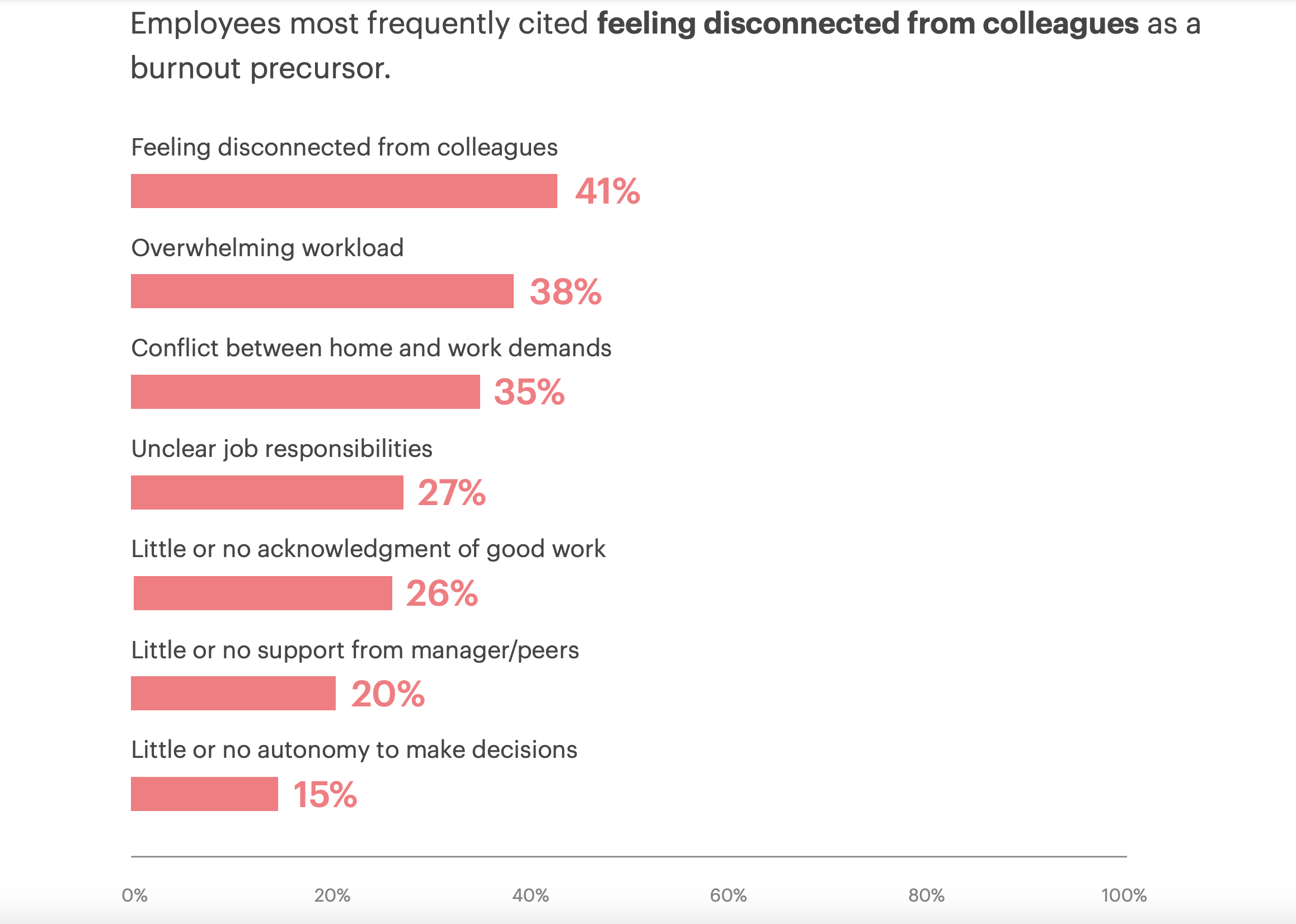Why new 'talent strategies' are badly needed
Our old productivity-thinking is increasingly killing the very 'spark of inspiration' which in this age we should really be doggedly defending.
You may have heard that the 2022 Oxford 'Word of the Year' is "Goblin mode".
The definition of the term is described as "unapologetically self-indulgent, lazy, slovenly, or greedy" behaviour - and was voted for by the general public over the word that came in 2nd place,"Metaverse".
As Covid restrictions eased, the term [Goblin Mode] continued to grow in popularity in 2022 as people realised they did not want to go back to the way life was before.
When framing it like that, "Goblin mode" then seems to be a perfectly appropriate term for where the world is right now.
The pandemic, and all of its restrictions, has forced us to very carefully reconsider what's important in life, and in many cases, reflecting on these deeper questions has either caused us to lash out in rage, or inspired us to care less than we did before 2020.
The disruption has drawn our attention to underlying issues that have been building for many decades - swiftly accelerating their intensity and leaving us all with some radical new problems to solve.
Burnout rates reported by employees continues to be an issue and we are all well-aware that a significant decrease in mental wellness continues to be a global concern.

These are unprecedented times, which call not for employees to simply return back to the way things were before, but rather signal an urgent need for organisations to design new strategies aimed at attracting, retaining and the 'taking care of' human talent.
How did we get here?
The Information Age started around the late 1970s. This was the age that welcomed with it the rise of the new 'knowledge worker' - a labour class that sold ideas and knowledge rather than sweat and physical effort.
For nearly 50 years since then, human know-how has been exponentially augmented in combination with the power of a globally connected 'information superhighway'; to a point, now, where artificial intelligence, machine learning and hyper-connectivity has brought about the dawn of a fresh new wave of this Information Age.
A wave in which humans don't simply use machines to improve productivity or compete with machines for dominance, but rather in collaboration are able to focus on intangible value that machines cannot create - creativity, imagination and innovation.
For humans to do these things successfully however, they needs to properly collaborate with each other, build strong relationships and networks, have the time and space to think deeply and creatively as individuals - all of which is impossible to do while feeling tired, stressed and burnt out.
Our old productivity-thinking is increasingly killing the very 'spark of inspiration' which in this age we should really be doggedly defending.
If money is to be properly spent on 'human resources' - then strategies also need to be put in place to make sure that the very best thinking and creating is generated by humans.
The mental and physical wellbeing of the new knowledge worker in this new paradigm then becomes increasingly a 'critical company asset'. The classic definition of workplace productivity changes from 'output divided by input unit' - to 'impact divided by person'.
Bottom line - for organisations to remain competitive in this new era they will need to leave behind the old human resources frameworks, that have an inbuilt bias towards an organisational advantage, more suited to a less complex time; in favour of new people-centric strategies that create the conditions under which people can give of their best thinking and energy.
The future of work hasn't as yet been written, so what's perhaps better than trying to predict what it will look like based on current thinking, is to ask slightly different questions of the challenge that reframe it and open up the thinking; like, 'What could the future of problem solving look like?' 'What could the future of creating new valuable solutions look like? 'How might we design a system that encourages the best from the talented people that we invest in?'
The winners will be those organisations that regard this "Goblin Mode"-time as a clear signal to design new strategies that are more appropriate for this brand new working era.
Ke Nako - it is here.
Here's my interview with Simon Brown from Moneyweb on a related topic:



